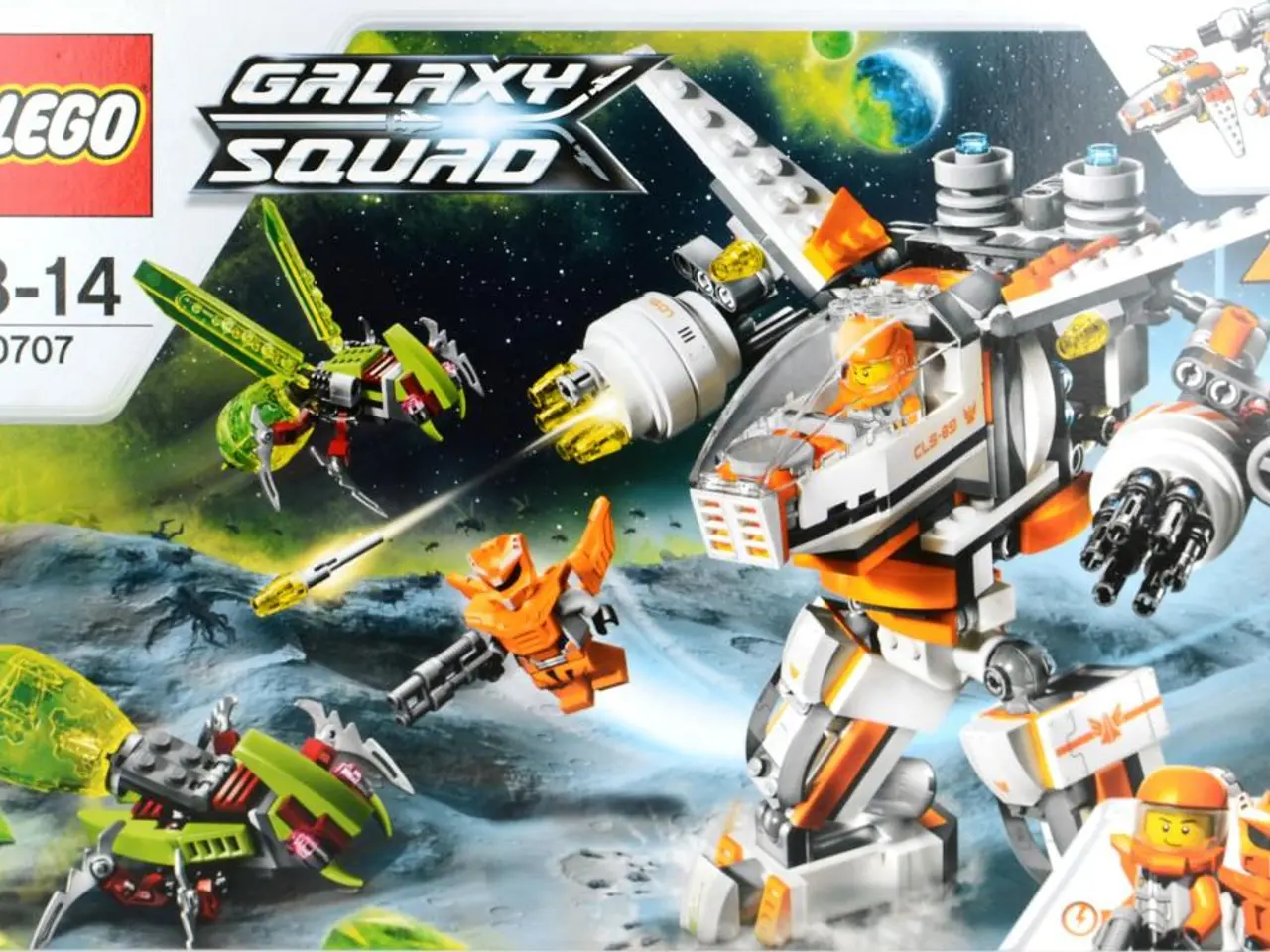AI users perceive a CPU's activity as a form of a heartbeat, as chatbots develop bonds of friendship.
In a significant shift from their initial roles as assistants, AI chatbot companions have evolved into multifaceted digital friends and emotional partners in 2025. This transformation is marked by advanced conversational AI and personalised, empathetic interactions.
Leading the charge in this evolution are platforms like ChatGPT, Replika, and Character.AI. The AI companion app market, which surpassed USD 19.2 billion, is projected to grow at a compound annual growth rate (CAGR) of 25.3% from 2024 to 2031. The growth is driven by rising loneliness, mental health awareness, and advances in conversational AI technologies like natural language processing (NLP), emotional AI, and voice/AR-enabled interactions.
U.S.-based companies dominate this space, with major players including Replika, Character.AI, Google, Meta, and Microsoft. The AI chatbots now serve multiple emotional and social functions, offering empathetic support, helping with stress or confidence building, facilitating casual conversations, and even supporting NSFW or romantic interactions.
Many users seek AI companions for emotional bonding, daily engagement, or even as substitutes for human relationships in times of isolation or social anxiety. Specialized AI chatbot platforms like Replika and Character.AI lead in social connection usage, accounting for a large share of AI use in forming new relationships with conversational agents.
Users appreciate AI companions for being non-judgmental, available at any time, and personalised to their emotional and conversational needs. There is growing interest in “multi-player” social AI modes that combine AI companionship with real human connection, such as AI-assisted matchmaking and social platforms integrating AI personas.
Technological advancements and platform evolution have played a crucial role in this transformation. Platforms like Character.AI have undergone significant upgrades in 2025, including new leadership, enhanced memory and filtering capabilities, AI-driven animations, and plans for faster feature rollouts. The integration of emotional intelligence, real-time persona customisation, and unfiltered conversational abilities, including NSFW chats, has become a differentiator among AI companions.
In a related development, the illustrator at Scatter Labs is working on artwork for the AI chatbot iLuda. Scatter Labs, an illustration company, is also responsible for the logos of DeepSeek and ChatGPT, as represented in a recent photograph. DeepSeek is a Chinese AI company that develops open-source large language models. Replika, a popular U.S. AI chatbot app with 35 million users, is another player in this rapidly growing market.
In summary, AI chatbot companions in 2025 are evolving beyond simple assistants into multifaceted digital friends and emotional partners, blending advanced conversational AI with personalised, empathetic interactions. Market growth and technological innovation highlight a future where AI companions serve diverse social, emotional, and entertainment roles while fostering new types of human-AI relationships.
Artificial-intelligence chatbots in business models are now expanding into travel and defense sectors, leveraging their emotional intelligence and conversational abilities to provide personalized assistance and strategic insights. For instance, Meta's AI technology could potentially aid in defense strategy planning, while Google might utilize AI for travel itinerary optimization based on user preferences and emotional states.
Moreover, the integration of artificial-intelligence technology in the arts could lead to innovative advancements in visual storytelling and creative processes. Scatter Labs, famous for their work with AI logos, is currently developing artwork for the AI chatbot iLuda, suggesting the possibilities of AI-generated art in the future of the art industry.




